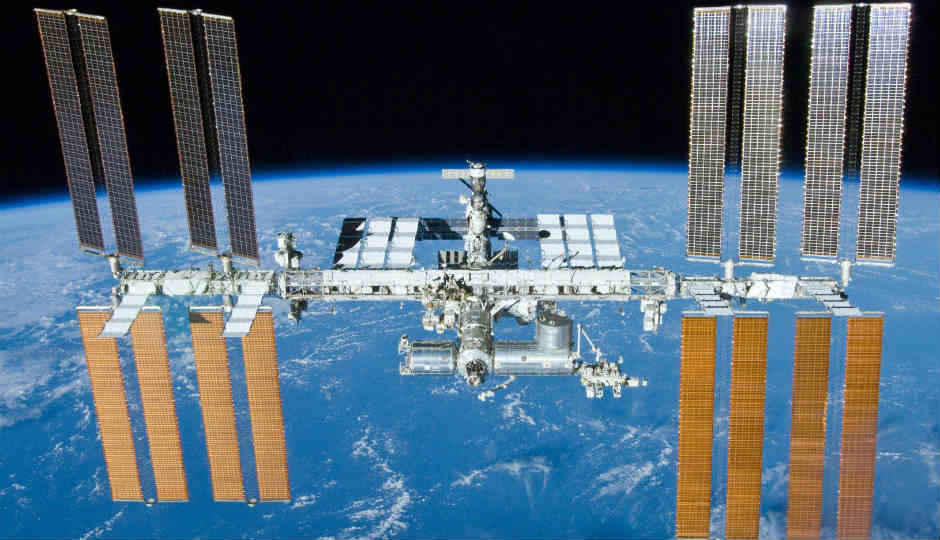Supercomputer brings ‘above-the-cloud’ computing to astronauts in space

Hewlett-Packard Enterprise’s Spaceborne Computer has finished a year of testing on the ISS as agreed and is now ready to help astronauts on-board.
Among the cargo that was delivered to the International Space Station in August last year is an equipment named The Spaceborne Computer. Made as an experiment by Hewlett-Packard Enterprise, the Spaceborne Computer has been put through a year of testing, as agreed upon by NASA and HPE. Now, the 1-teraflop supercomputer is ready to work on experimental data for ISS astronauts. The new “above-the-cloud” services, as HPE calls them, will enable ISS astronauts run analyses on-station without having to beam data down to earth for processing.
The Spaceborne Computer on the ISS has 32 cores and is similar to machines HPE sells on earth. According to Mark Fernandez, HPE’s Technology Officer, it is 30 to 100 times faster than an iPhone or a tablet. “It can be loaded with the software you need for science, engineering, and exploration. We took a system from factory floor with no hardening, no preparation, running an open source operating system. The majority of the community didn’t think it would function or wouldn’t last long,” he commented.
Astronauts aboard the @Space_Station now have the direct access to the supercomputing powers of the Spaceborne Computer without having to communicate with Earth. Read the latest space announcement from @HPE! https://t.co/KCuXZ9K5L1
— HPE News (@HPE_News) 1 November 2018
HPE relies on software to make the Spaceborne Computer resilient to power outages and fluctuating radiation levels. “We monitor power, cooling, components,” Fernandez added. “When they get out of nominal range, we isolate them, work around them or do something. Each system is self-sufficient with fault detection and isolation.” According to him, there was already an instance where the smoke detector on the ISS went off and killed power supply to the supercomputer but the software kicked in to perform diagnostics and health checks. In his words, the “software did what it was supposed to do.”
The Spaceborne Computer weighs 56 kilogrammes and is mounted to an ISS ceiling-mounted server rack that measures 30 x 61 x 91 centimetres roughly. According to Fernandez, the Spaceborne Computer will really help astronauts be “self-sufficient” in longer space missions, like one involving a voyage to Mars. Astronauts will be able to access information contained within the supercomputer without having to wait for up to 24 minutes to contact earth.
Digit NewsDesk
Digit News Desk writes news stories across a range of topics. Getting you news updates on the latest in the world of tech. View Full Profile




